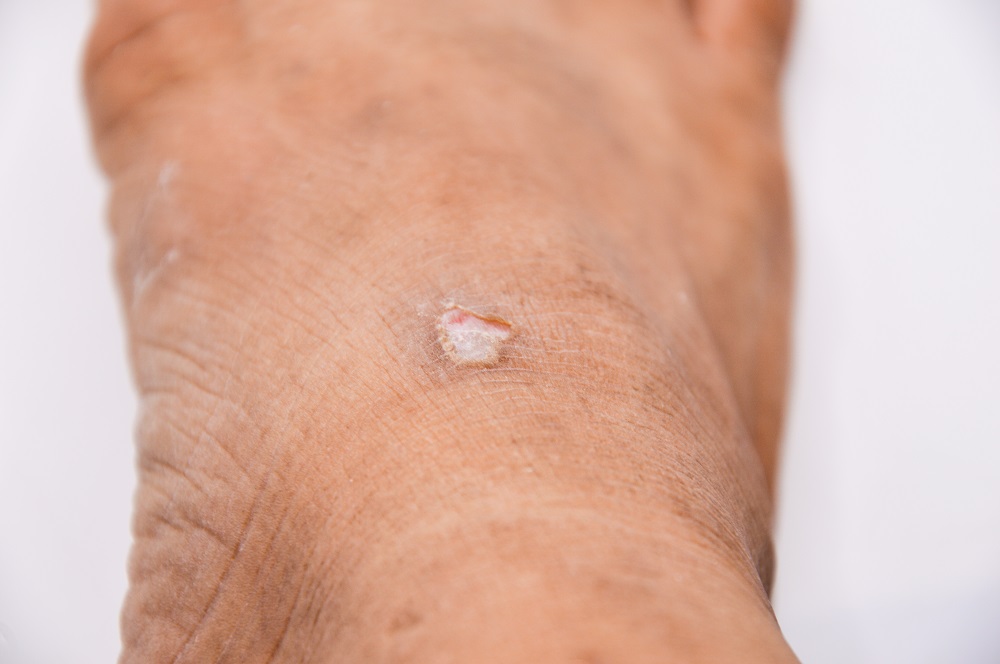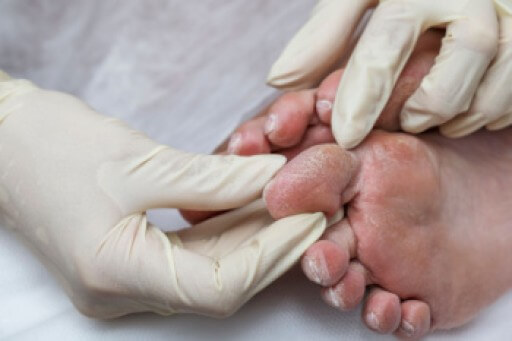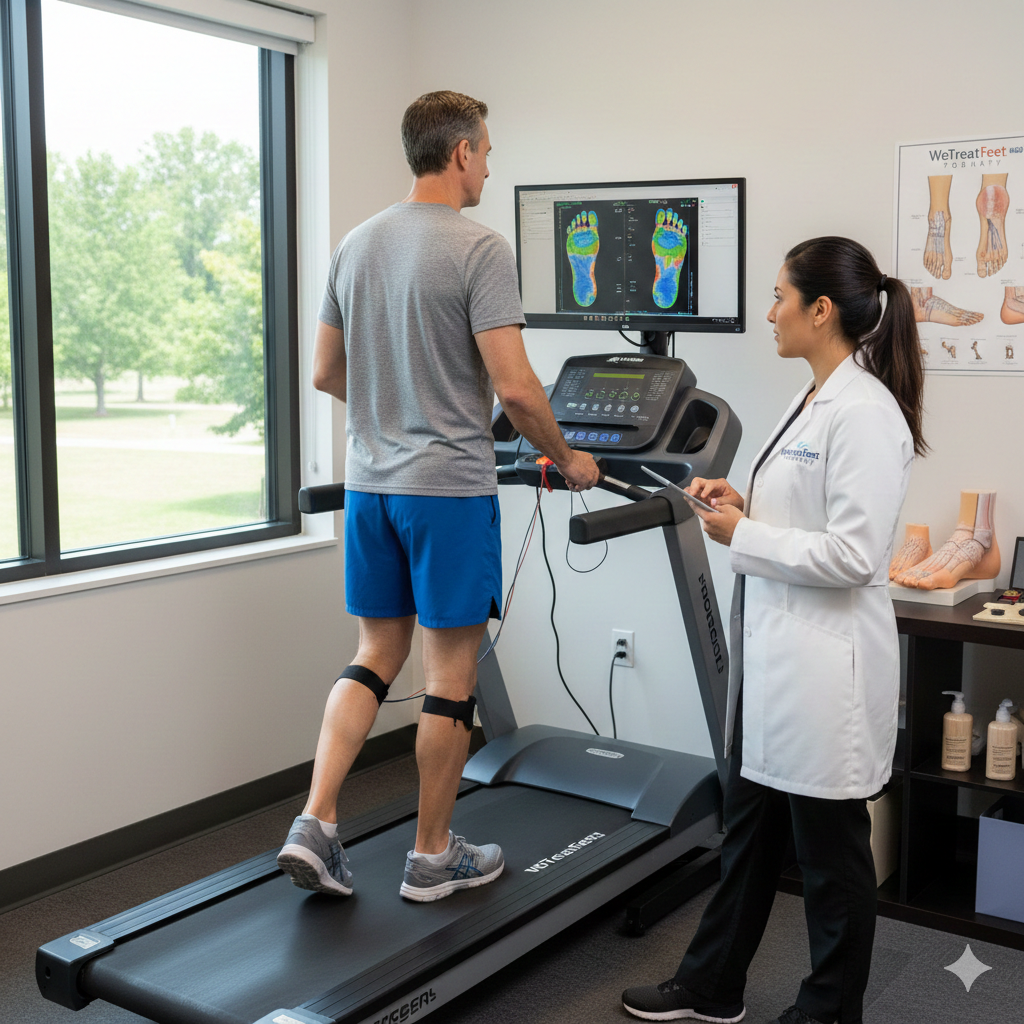Scientists, using skin grafts grown from individual patient cell samples, have successfully found a new treatment for chronic diabetic foot ulcers.
The study consisted of 5 men using autologous fobroblast-seeded artificial dermis (AFD) for similar ulcers and found that 3 of the patients had complete wound closure after 12 weeks with the other 2 experiencing 80-90% healing. Going into the experiment, wound closure of 60%+ would have been considered successful.
The patients remained in the hospitals for 21 days to allow the grafts in the wound areas to completely settle. No topical wound-healing accelerants were applied. One instance of skin infection and one of wound pain were the only side affects associated with the procedure.
“Although this study was a preliminary clinical trial with a small sample size, our dermal substitutes may provide a safe and effective treatment of diabetic ulcers,” said Naoki Morimoto of Kyoto Unversity in Japan.
The process did not use animal-derived materials and thus avoided potential risks including viral, prion infection, immune or inflammatory reactions to bovine proteins.
Morimoto also noted that systemic complications in diabetes patients can make it difficult to harvest large amounts of autologous serum.
“In this study, the average amount of autologous serum needed for the preparation of AFD was 11·6 mL and this amount would not be an issue in diabetic patients, even those on haemodialysis,” the studied emphasized.
Sources:
Medical Research News
Springer Healthcare
News-Medical.net




